Trump’s Next Move Could Reshape Crypto Banking—Are Banks Ready to Face the Heat?
Ever wondered what happens when politics mixes with the world of finance and cutting-edge digital assets? Well, it looks like President Trump might soon flick the switch on an executive order that aims to slap penalties on banks caught turning their backs on crypto firms and conservative clients. It’s a bold move—one that digs into the murky waters of banking discrimination, equal credit opportunities, and regulatory oversight, all wrapped up in the complex dance of financial inclusion. As the administration gears up to tackle “debanking” claims and ensure fair access for blockchain ventures, the question isn’t just about the future of crypto banking—it’s about fairness, politics, and the heavyweight role regulators will play going forward. Strap in, because change could be coming faster than you think. LEARN MORE.
New order aims to address claims of political and digital asset bias in banking, pushing for stronger regulatory scrutiny and penalties.
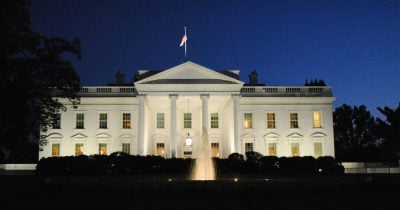
Key Takeaways
- A proposed White House executive order aims to penalize banks that discriminate against crypto and conservative companies.
- Banks may face fines or disciplinary measures if found violating equal credit, antitrust, or consumer protection laws.
Share this article
Banks could soon face federal penalties for cutting off conservative or crypto clients for political reasons under a forthcoming executive order, The Wall Street Journal reported Monday.
According to a draft order spearheaded by the White House, bank regulators would investigate whether financial institutions violated the Equal Credit Opportunity Act, antitrust laws, or consumer financial protection laws. Violators could face monetary penalties, consent decrees, or other disciplinary measures.
President Donald Trump could sign the EO as early as this week, according to people familiar with the matter, but the timing is subject to change.
The draft is part of the Trump administration’s ongoing efforts to address debanking, the practice where banks and financial institutions restrict or sever relationships with crypto businesses and clients allegedly based on political bias.
Concerns over debanking have led to executive actions aimed at ensuring crypto firms have fair access to financial services. In January, Trump signed an order directing agencies to remove regulatory hurdles and expand banking access for blockchain businesses.
In response, regulators previously accused of coordinating pressure on banks to cut ties with digital asset firms, a practice often called “Operation Chokepoint 2.0,” have begun rolling back restrictive policies.
Agencies have rescinded informal guidance that discouraged crypto banking, eased oversight, and affirmed that banks can serve crypto firms with proper risk controls.
Banks have recently attempted to preempt federal action by meeting with Republican attorneys general and updating policies to explicitly state they don’t discriminate based on political affiliation.
The draft order instructs regulators to eliminate policies that may have led to customer dismissals and directs the Small Business Administration to review the practices of banks guaranteeing agency loans. It also requires regulators to refer potential violations to the attorney general in certain cases.
Share this article

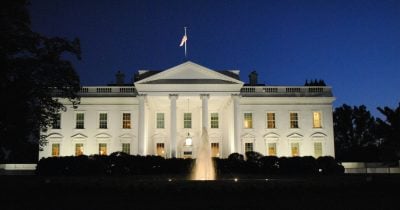





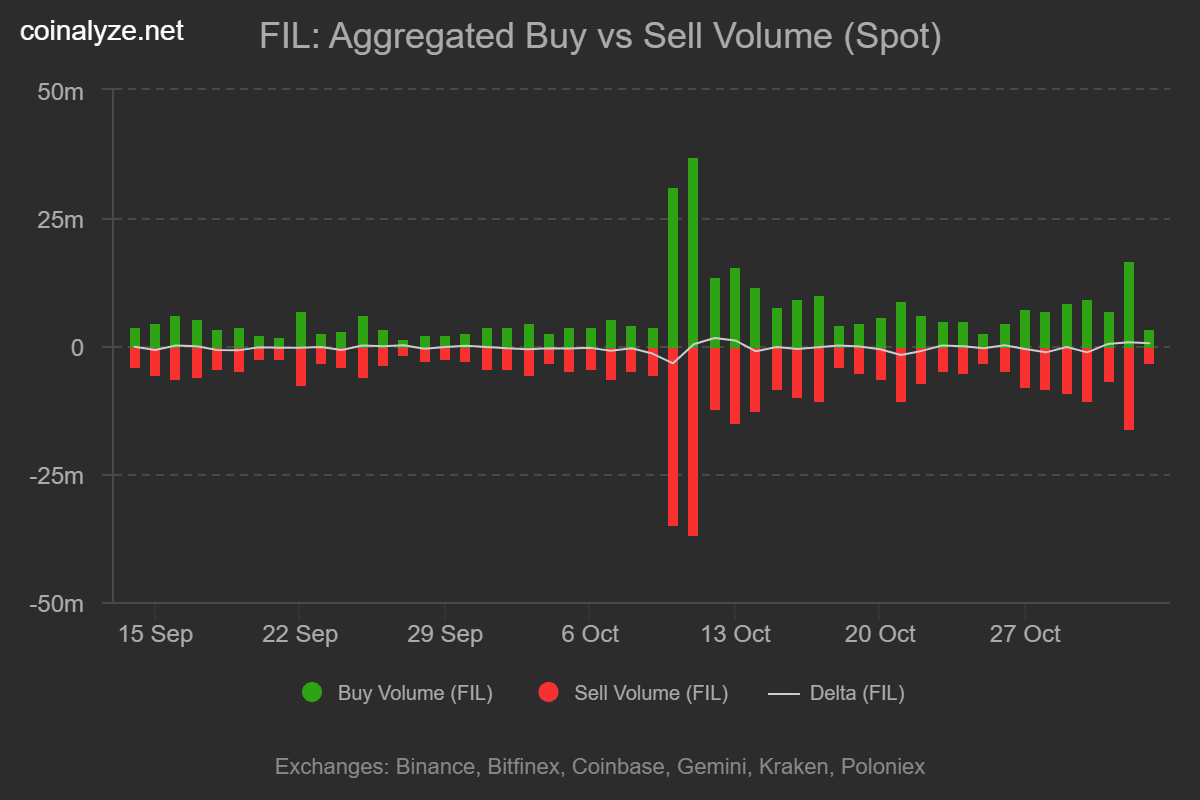
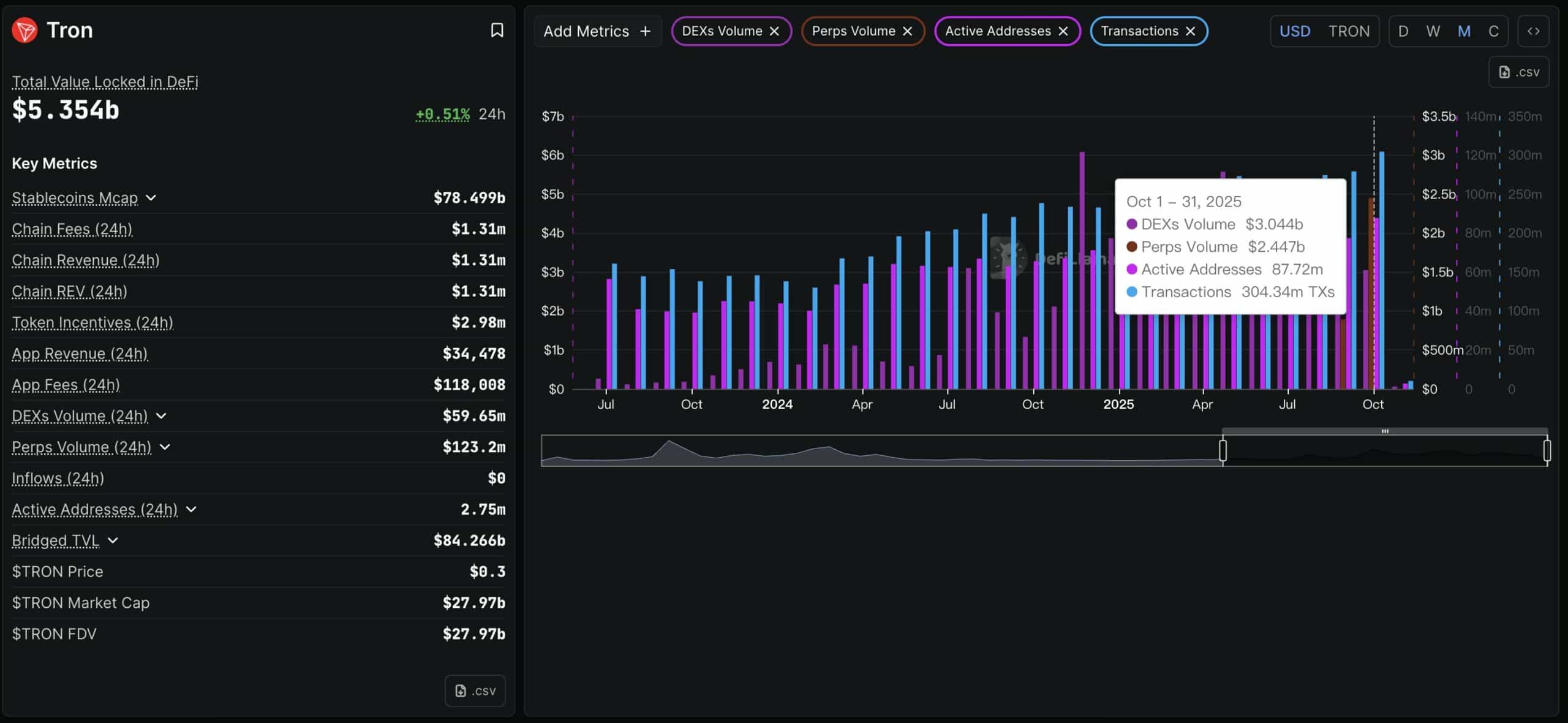
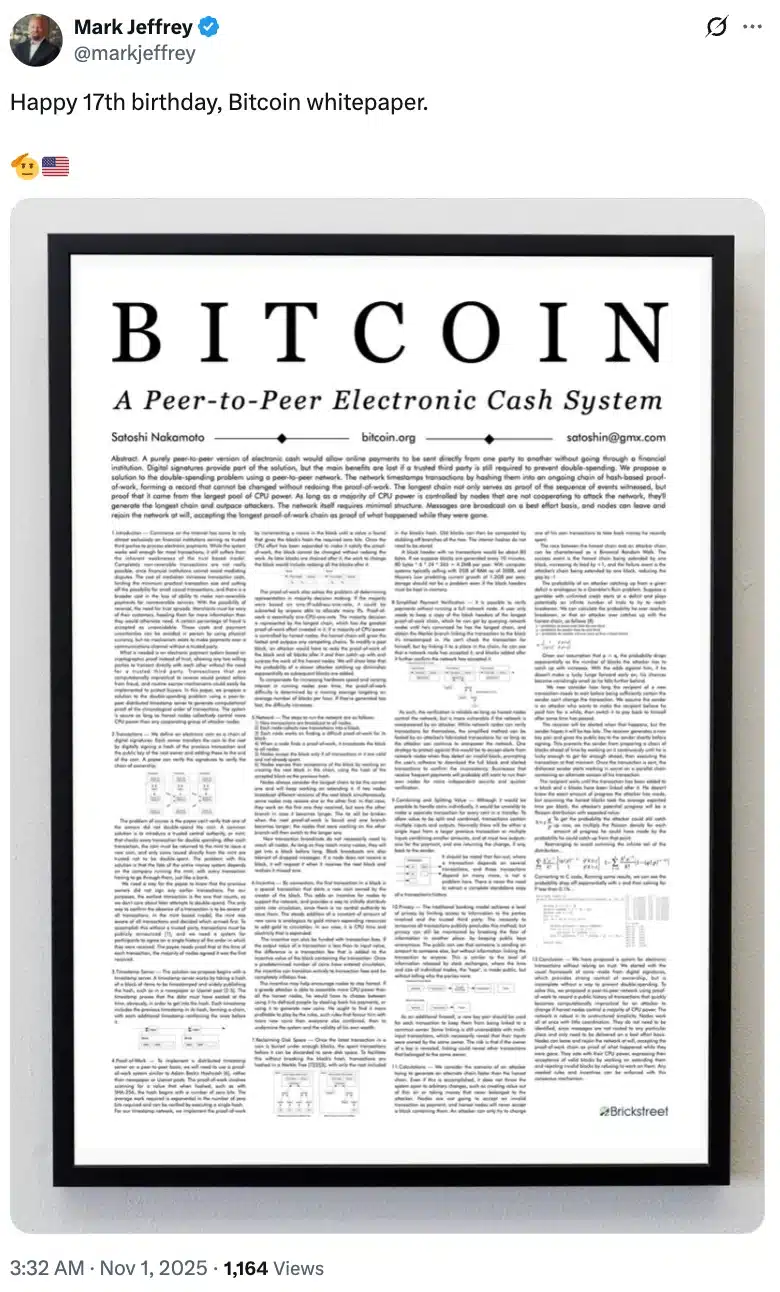











Post Comment